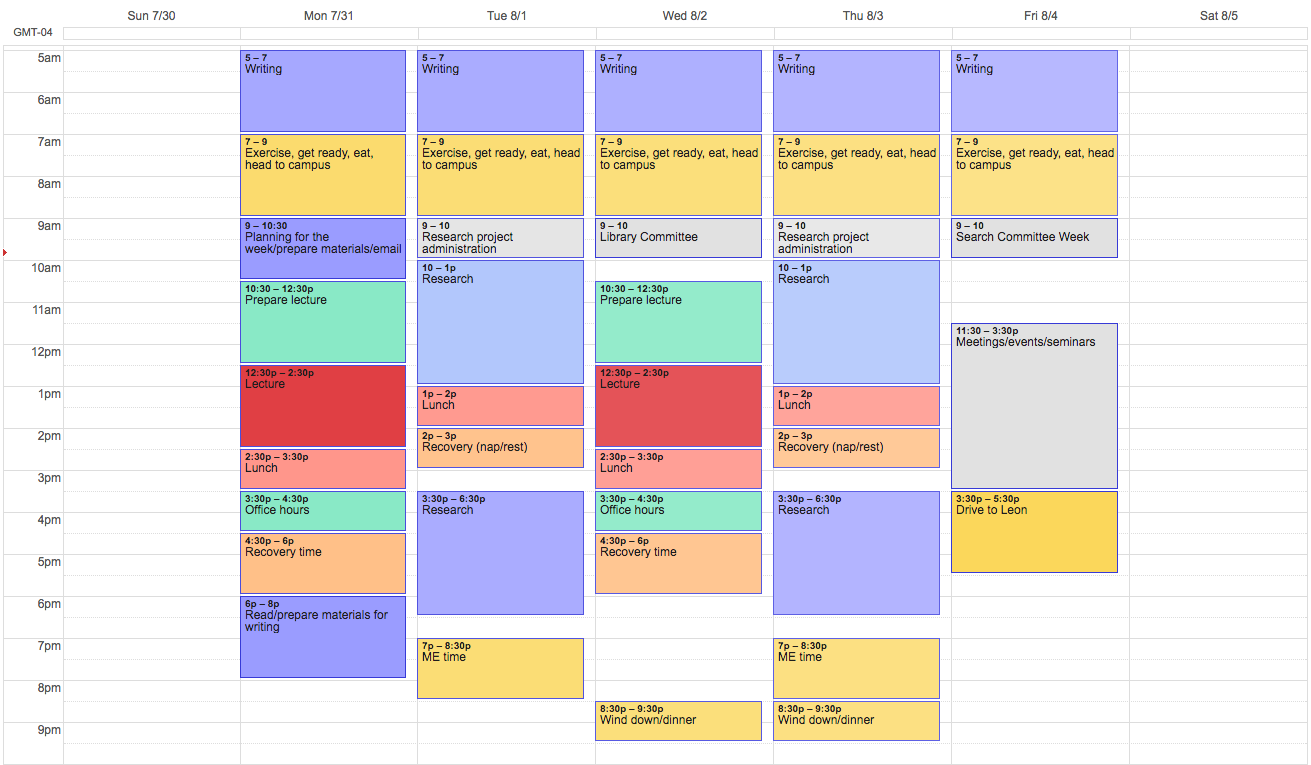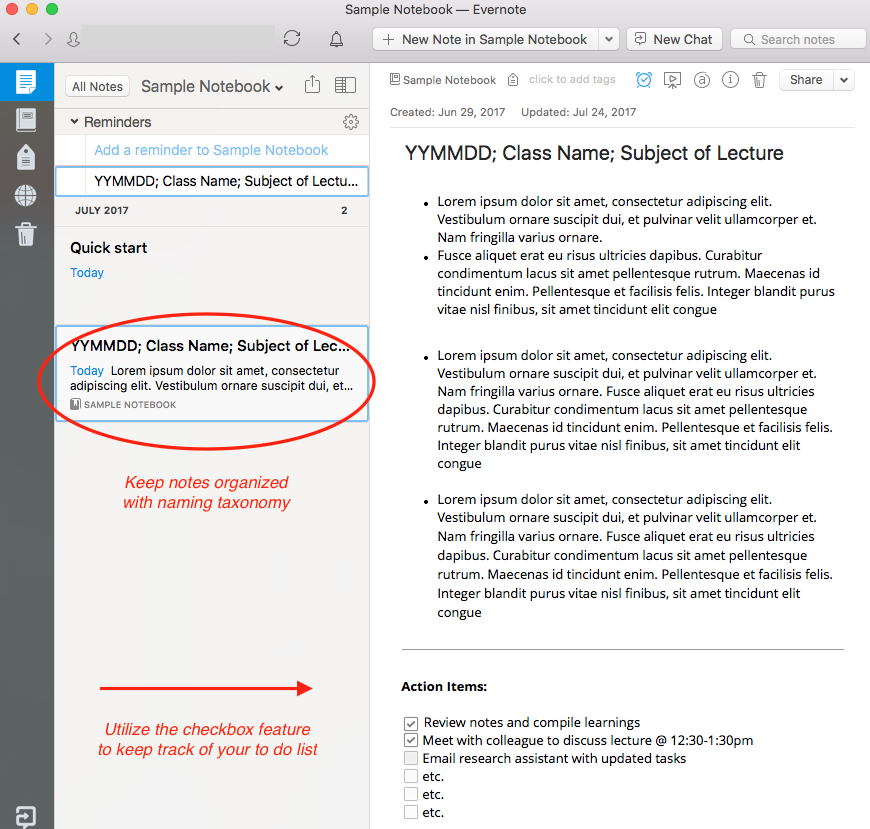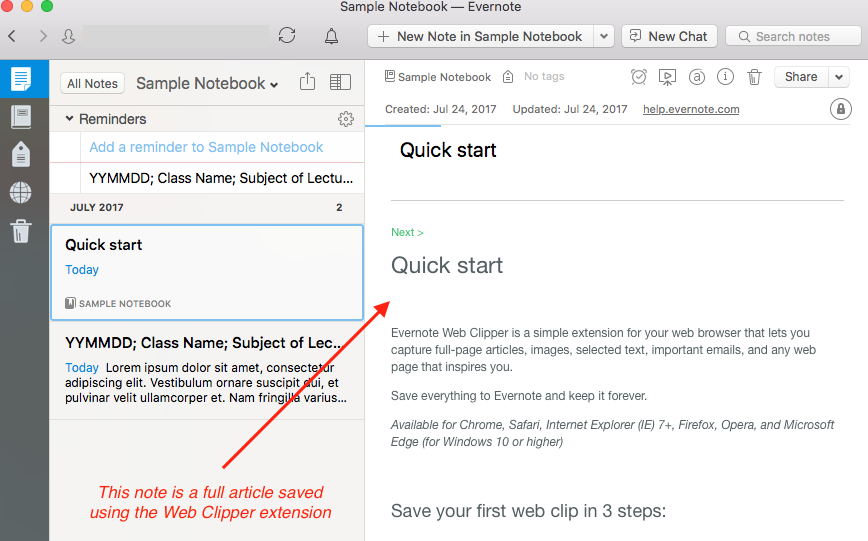Request Information
We're Sorry
There was an unexpected error with the form (your web browser was unable to retrieve some required data from our servers). This kind of error may occur if you have temporarily lost your internet connection. If you're able to verify that your internet connection is stable and the error persists, the Franklin University Help Desk is available to assist you at helpdesk@franklin.edu, 614.947.6682 (local), or 1.866.435.7006 (toll free).
Just a moment while we process your submission.

6 Reasons People Fail To Finish Their Doctorate (& How to Finish Yours)
Getting a doctorate could be one of your biggest life achievements—provided you can make it to the finish line. Drop out rates vary by discipline, but as many as 50 percent of students don’t complete their doctorate.
In order to succeed, you must understand what’s at stake—and what’s expected of you—then develop a plan that you can stick to.
The Doctorate Killers: 6 Common Reasons Why People Fail to Finish their Degree
A doctorate is the highest level of academic degree available in the United States., and the United States is renowned worldwide for the excellence of its doctoral programs. That reputation for excellence is in part because of the stringency surrounding admissions (student quality), academic rigor and program design.
The combination of intellectual, emotional, and financial stress can take its toll, however, leading to high attrition/dropout rates, and the dreaded ABD (“all but dissertation”) syndrome: the doctoral equivalent of the blue screen of death.
Here, we give you insight into why many students fail to complete their doctorate, and provide tips to help you attain yours.
Earning a doctorate is challenging and rewarding, but do you know what to really expect? Download this free guide for tips and insights to help you prepare for success.
Doctorate Killer #1: Unrealistic Expectations
Some students underestimate the scope of demand that a doctorate involves.
It can be tempting to underestimate the gravity of the situation. You’ve already completed your master’s – and may have flown through the program with ease. But a doctorate program is an entirely different animal reserved for seriously driven students.
“Some students are not prepared for the level of detail, and the amount of research and writing that’s expected of them, and that’s when their motivation for getting the degree will come into play. Students who are driven by a desire to improve, and learn, and discover and evolve will usually see it through to the end. However if they are only doing it for the title or the money, there will be days or months, when that simply isn’t enough to help them keep going.” - Dr. Wendell Seaborne, Ph.D. Program Chair, |
In reality, the program is going to take considerable time and effort. You’ll be challenged and you will feel pressure. To make room for the energy required for the program, you’re going to have to sacrifice some things to achieve your degree.
How to Avoid this Doctorate Killer:
- Audit Your Commitments. Determine how and where you’re spending your time, and look for ways to create margin for your degree work.
- Interview Former Doctoral Students. Ask your advisor or your program director if you can speak with former students in their program. It’ll give you an eyewitness account of the scope of work that’ll be required of you.
- Choose a Topic You’re Passionate About. Make sure you have a passion for your dissertation topic, or you will likely lose interest. Your doctorate is just that: yours. Make sure it’s reflective of your true interests, rather than those suggested to you by an advisor or peer.
Doctorate Killer #2: Undisciplined Time Management
As we’ve established, a doctorate takes time. And lots of it.
Poor time management is a common issue for students who never finish out their degree. It’s not that they don’t care about their degrees—it’s that they are busy with so many other things. Social events creep up, work carries intense pressures, and family commitments are a top priority.
If you’re not proactive, your doctorate can get pushed to the side—again, and again, and again.
“Say no to something, or to a few things. You’re going to need about 10 hours of additional time per week, so decide on your non-negotiables, and ditch the rest. Inventory your life and determine what you need for success. Anything that does not make that list probably needs to go while you’re pursuing your doctorate.” - Dr. Wendell Seaborne, Ph.D. Program Chair, Doctor of Business Administration (DBA), Franklin University |
The way to avoid this risk is to proactively manage your time—ensuring that you’re fully committed to each task, prioritizing the most important things, and giving yourself the bandwidth and time to complete your doctorate work.
How to Avoid this Doctorate Killer:
- Use Google Calendars—Religiously. If you’re not using the app, start. Plan out all your social events, family commitments and work priorities. Schedule dissertation work like you would a meeting—and stick to the schedule. Reference this sample calendar while you’re building yours:

- Use Trello to Keep You Organized.Trello allows you to organize your project by phases, and establish different tasks within each phase. And an added benefit – you can see the progress you’re making toward your goal. That alone can be huge. The example below shows how you can organize your to-do list based on the stages of a dissertation process. Please note, however, that Trello is flexible enough to accommodate whatever your personal organization preference may be.
- Work Your Power Hours. Everybody has certain times of day when they are at their most creative. By now, you should know yours. Schedule high-value tasks during these hours, and lower-value tasks when you are not at your peak.
- Learn to Say No (& Stick to it). You will be forced to trim the fat, so to speak, in terms of how many ancillary activities (and people) you can commit to.
Doctorate Killer #3: Lack of a Vibrant Support System
While it’s entirely worth it, earning your doctorate is a grind. It’s difficult, time-consuming, and, at times, it can be downright frustrating. Success is often determined by a person’s support system—the people they surround themselves with in the pursuit of their degree.
Choose wisely and you’ll have the support you need to finish. Choose poorly, and you’ll have lots of voices competing for your attention and time, a certain recipe for disaster.
How to Avoid this Doctorate Killer:
- Choose the right advisor. This is extremely important, which is why we’ve dedicated a whole section to it below.
- Build a support network. Establish a small group of friends, mentors, and contacts who can help guide, advise, keep you sane, and offer helpful critiques along the way. Whether it’s a text, a call, or a chat over drinks – support will help.
- Bring in an outside perspective. You should also bring in “consultants” during your project. These should be people in your field who can read or discuss your research to help you both judge its value and articulate it effectively.
Doctorate Killer #4: Advisor Issues
One of the biggest causes of failure to complete a doctorate is incompatibility/issues with one’s dissertation chair. And with good reason; you will be working one-on-one with this person for at least 5 years (on average), so it’s best to set yourself up for success in that regard.
Of course, it is important to find a faculty member that is a leader in your field of interest, but also look for advisors with a good record of graduating candidates on time, being a strong leader, and treating students fairly and with dignity.
But finding the right advisor is only half the battle—it will be up to you to maximize the value you get out of the advisor relationship.
How to Avoid this Doctorate Killer:
- Manage Up. Having chosen an advisor you're compatible with, make sure to proactively manage your relationship and interactions with them. Do not rely on them to take the lead. If they do, that’s fine, but if they don’t, be prepared to step up.
- Follow Their Advice. We can safely say that most advisors have in-depth knowledge of their field of research, and the world of academia in general; they also have your best interests at heart and want to see you succeed. There will be times when you disagree (see below), but in general, they are giving you advice that will move you closer to producing a top-tier dissertation.
- Be Assertive. They are experts in their field—but so are you. It is perfectly okay to challenge them if they make an assertion or suggestion that you do not agree with. Be mindful, however, to use your challenges wisely. The relationship should never devolve into one of constant contentiousness.
- Stay in Touch. Set up regular meetings, and stick to agreed-upon timelines. Find out their preferred communication style, and honor that whenever possible. Do not, under any circumstances disappear, or decide not to show up for a previously arranged meeting. Communicate, communicate, communicate. If you are thinking of changing the focus of your research: discuss it. If you are struggling with a specific area: mention it early. If you need to reschedule a meeting or push a deadline: provide adequate notice via email.
- Make every meeting a working meeting. Have an agenda. Come with prepared questions. Solicit (and listen to) their feedback. Create follow-ups. Then follow up.
Doctorate Killer #5: Lack of Organization and Focus
he volume of work for a degree can be overwhelming. Students can fall behind on their tasks or their projects—and soon feel like they are too behind to finish.
Establishing a good organization system is a great way to ensure you’ll finish your degree.
How to Avoid this Doctorate Killer:
- Use Wunderlist. You’re going to have a lot of small tasks while you work on your coursework and dissertation. From homework notes to reminders to asking your advisor a specific question, this app gives you a single place to log to-do’s (and check them off).
- Build Playlists on Spotify. Music can have a huge impact on your brain’s ability to focus and perform tasks. Find music that helps you focus when you research and when you write. Build a few go-to playlists to enhance your work.
- Use Evernote. Research, discovery, and articulation are the core components of a strong dissertation—and those insights don’t always come in your scheduled work hours. Use Evernote to capture ideas when you’re on the go – and reference them later. Somethings we love about Evernote include:
- It can be used across any device
- Its ability to autosave
- Notes can be shared via public URLs (similar to Google Docs)
- It offers a number of tools to help keep you organized, including reminders, and notebook and note titles
Pro tip 1: when you’re labeling your notes, be sure to follow a similar taxonomy so it’s easy to quickly find previous notes in your search. For example, if you’re taking notes during lectures, you could use [YYMMDD: Class Name: Subject of Lecture].
Pro tip 2: When you use Evernote on a daily basis, you can utilize it as your to do list, too. Use Evernote’s checkbox feature, and check off each task as it’s completed.

Pro tip 3: Instead of crowding your browser bookmark list, use Evernote’s Web Clipper extension to keep track of important information you find online.
 .
.
- Use a Researcher. Some schools offer each student a personal assistant to do the grunt work of compiling research. It’s up to you to interpret it—but this takes a huge chunk of time off your plate and allows you to focus on what matters most.
Doctorate Killer #6: Bad Writing
Many doctoral students simply aren’t writers.
They are smart and passionate about their field of study. They can articulate their thoughts in debate or conversation. But when it comes to documenting the thing, they struggle. And sometimes, mightily. That can be a huge deal-breaker for students–as the writing level required for a doctorate degree is far superior to any other writing requirements or skills for other programs.
If you’re worried about the writing element of your doctorate, there are some tips you can practice to ensure you don’t become a victim of writer’s fear.
How to Avoid this Doctorate Killer:
- Use Google Docs. This tool will allow you to share your work with others and get comments, feedback and suggestions for edits.
- Work with a Writer. They are out there, and they can be a huge help. Use them as consultants to help you refine your content, define your angles and ensure clarity. Go to sites like Elance or Guru—and find people near your location.
- Write a Little Every Week. If you can’t write, then edit. If you can’t edit, then prepare supporting documentation, or work on your bibliography, or ensure all your formatting adheres to your school’s official style (yes; that matters). The goal is to consistently contribute to your doctoral dissertation. Think of it as the success by attrition method. Keep. Chipping. Away.
- Hire an Editor. Yep. Someone who can cross the T’s and dot the I’s, and ensure that you’re writing at a highly professional level.
- Fight Against Perfectionism. You have probably not gotten this far in your academic career without possessing and being motivated by this trait, but in the world of doctoral studies it can sideline you. It’s a matter of picking your battles. You will probably never be 100 percent happy with every aspect of your dissertation, and that is okay. The point is to get it close enough so you can defend it and get your degree.
Success Isn’t Accidental. It’s Intentional.
Though students might possess the required intellectual capacity, many are simply not fully prepared for the leap to doctoral studies on a practical level. To be successful, establish a proactive strategy to manage your time, build your support system, organize your tasks, and bring clarity to your writing.
It’ll make all the difference in the world.





